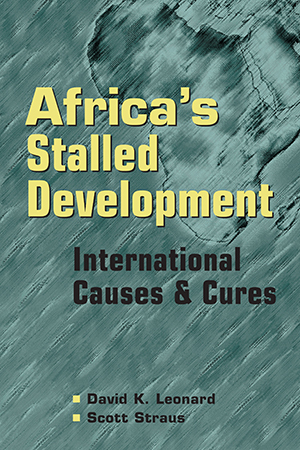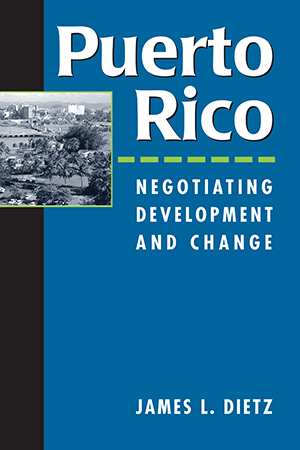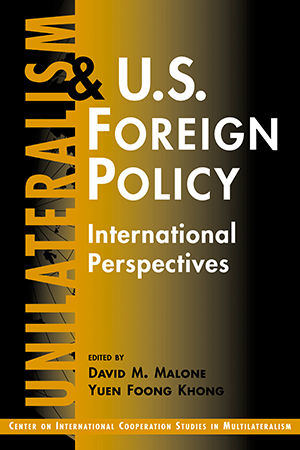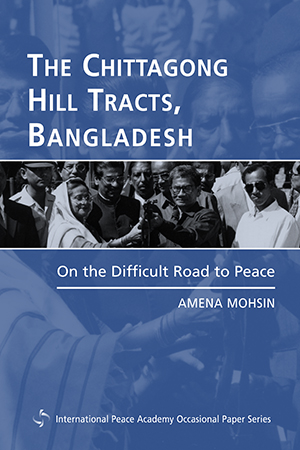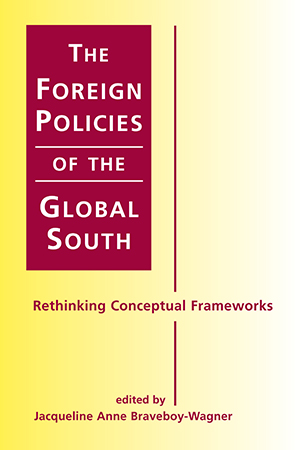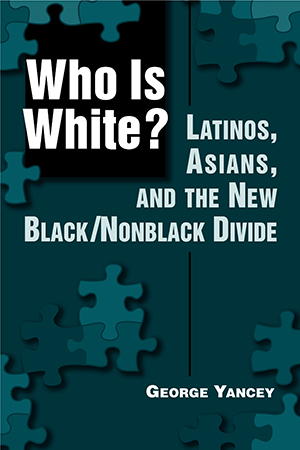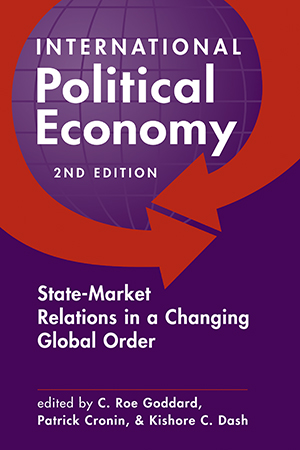BOOKS
Conservatives and liberals agree that President Bill Clinton's effort to lift the military's gay ban was perhaps one of the greatest blunders of his tenure in office. Conservatives More >
This thoughtful discussion probes the international roots of Africa's civil conflicts and lackluster economies. Analyzing an unwitting system that creates a set of incentives inimical to More >
In the midst of significantly changing economic and political relations with the United States, Puerto Rico is struggling to find a new—and effective—development path. James More >
Choice Outstanding Academic Book! From the war on terrorism to global warming, from national missile defense to unilateral sanctions, the U.S. has been taken to task for coming on too More >
Tawfiq al-Hakim (1898-1987) dedicated much of his long life to a fruitful attempt to advance the fortunes of twentieth century Arabic literature by writing it. This guide to his work More >
Ending a two-decade-long armed insurgency, the Chittagong Hill Tracts (CHT) Peace Accord was signed in December 1997 by the government of Bangladesh and the PCJSS, the political More >
How can the United Nations, regional and subregional organizations, government donors, and other policymakers best apply the tools of conflict prevention to the wide range of intrastate More >
Seeking to refocus thinking about the behavior of the global south ("third world") states in international affairs, this book explores contending explanations of global south More >
"By the year 2050, whites will be a numerical racial minority, albeit the largest minority, in the United States." This statement, asserts George Yancey, while statistically More >
Introducing the classic and contemporary ideologies of international political economy, this anthology has been carefully constructed for classroom use. Articles representing contending More >




